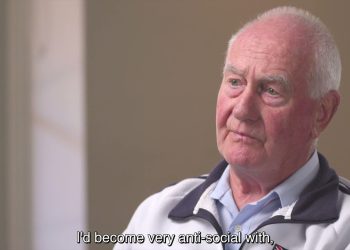The high court in Massachusetts has ruled a concealed agreement between Wynn Resorts and Anthony Gattineri, a minor shareholder of FBT Everett Realty, LLC, as non-binding. The agreement, promising an additional $19 million to Gattineri from the sale of the property which later became Encore Boston Harbor, was kept hidden from gambling authorities, prompting the court to deem it unenforceable based on public interest concerns.
Land Acquisition by Wynn Resorts Draws Scrutiny for Possible Violations of Public Interest and Secrecy
The trouble originated when Wynn Resorts was intent on obtaining a casino license in Massachusetts, agreeing to purchase a piece of land in Everett and Boston for a substantial amount of $75 million. Nevertheless, suspicions were raised regarding possible affiliations between FBT and a felon with connections to mafia organizations, leading the Massachusetts Gaming Commission to restrict the selling price to the market value of $35 million – an estimation if the land was not designated for casino operations.
Gattineri, being a partner in FBT, professed that Wynn had vouched for an extra $19 million as part of a covert verbal agreement, as stated by Massachusetts Lawyers Weekly. The agreement was neither documented nor disclosed to the committee, sparking doubts about its legality. The court affirmed that the overriding public interest, articulated in the Expanded Gaming Act, lies in safeguarding the trustworthiness of the process of granting casino gambling licenses. Any arrangement inconsistent with the terms sanctioned by the committee and obscured from regulatory bodies is deemed unenforceable.
In the year 2009, FBT had bought the land at approximately $8 million, during a period when casino gambling was still illegal in Massachusetts. Initially, the site was eyed for large-scale retail businesses, but the plans altered towards the end of 2011 following the legalization of casino gambling.
Justice Kafker Promotes Openness and Public Confidence in Casino License Verdict
Justice Scott L. Kafker, addressing the judgment on behalf of the Supreme Judicial Court, emphasized the necessity of preserving public confidence in the process of license allocation. The court’s conclusion further highlighted the need for openness and complete disclosure in transactions pertaining to casino licenses, especially in situations suggestive of ties to organized crime.
In related news, in July, Wynn Resorts’ Encore Boston Harbor, along with MGM Springfield and Plainridge Park Casino, encountered penalties from Massachusetts regulators for accepting unauthorized in-state college bets during the March Madness event.
Last week, Richard Schuster, a consumer from Massachusetts, accused Encore Boston Harbor and Wynn Resorts of contravening consumer protection statutes by potentially short-changing patrons due to technical glitches in ticket redemption units and coinless systems at the casino. Nevertheless, the court ruled in favor of the casino, indicating Schuster had ample information to retrieve his cash change, leading him to challenge the verdict, while the Wynn’s legal team moved to dismiss the lawsuit, arguing no unjust conduct had taken place.







